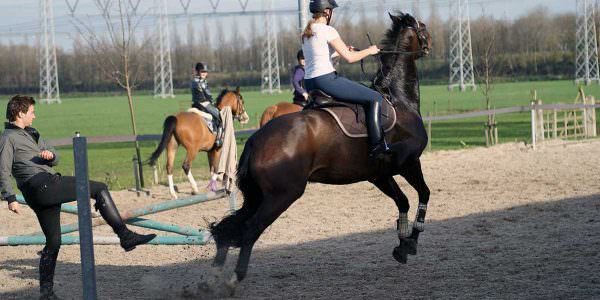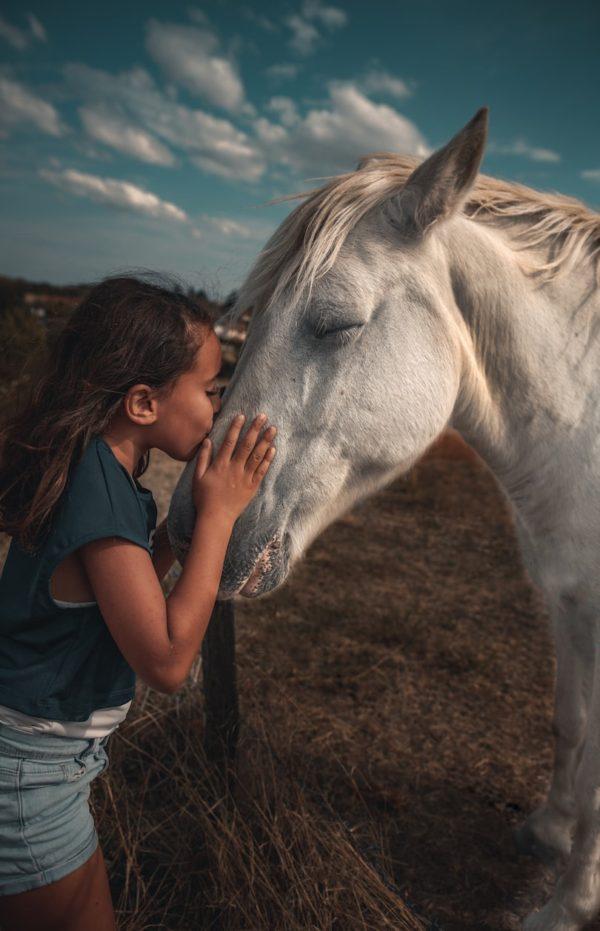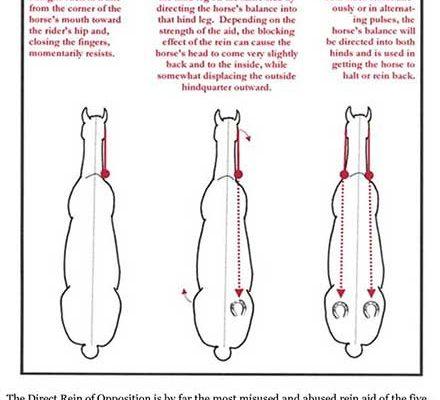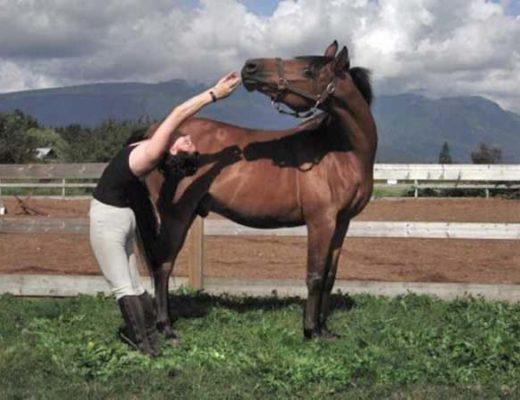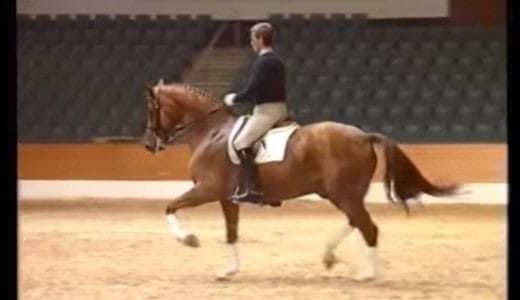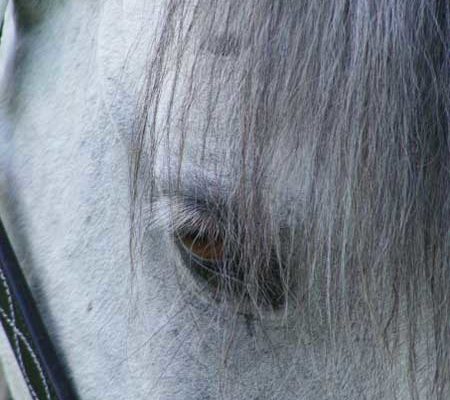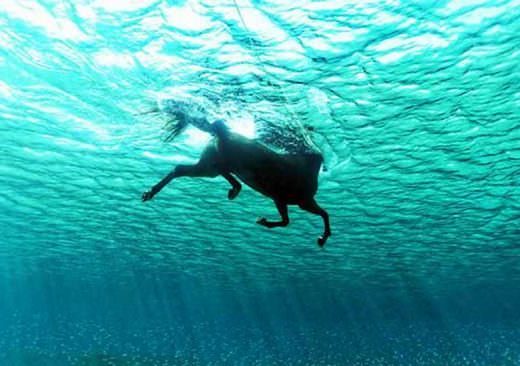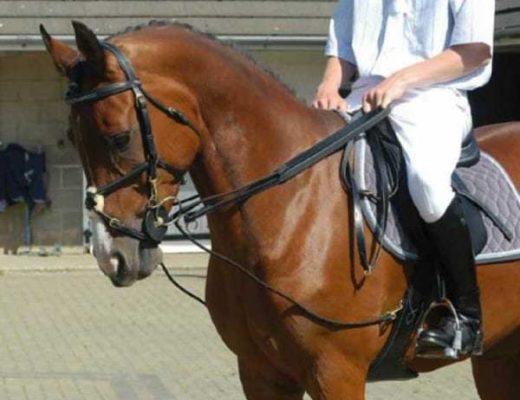There is no evil scapegoat we can blame for forcing us to (love) (ride) (train) (compete) our horses. Nope, the only person we can blame is ourselves.
But we aren't terribly good at owning the results of our choices and actions as equestrians.
Instead we like to blame the horse, for example casting him off as having some kind of character flaw.
Your horse didn’t wake up in the morning and consciously decide to do something that day because he knows it will piss you off. He’s not a bad seed, or inherently an evil animal sent to torture you and make your life hell. If your trainer tells you that he’s a bad horse, you need to get a new trainer.
Here are some options for why a horse is misbehaving, and this is by no means all inclusive. He is in pain. He is worried. He is scared. He doesn’t understand what you’re asking. You haven’t explained it well. He doesn’t believe that it’s possible. He doesn’t know that he can do that with his body.
He’s having a bad day. His lifestyle doesn’t suit him. He’s tired. He feels under appreciated. Your aids are too harsh. Your aids are ineffective. Your balance is upsetting him. He had a bad experience with this in the past. He learned this behavior from someone else. He’s nervous. He has no self confidence. You’re nervous. You’re tight. Every time he tries, you accidentally punish him. He doesn’t have the strength. A plastic bag/leaf/dog/car/gust of wind just blew by and he didn’t notice it until it was right there and super scary. He feels good! He feels fresh. It’s a little cold outside. He’s been in the stall for fourteen hours straight. He is having fun.
Kate Samuels, ‘Bad’ Behavior Is Not A Character Flaw
Why Take Responsibility?
Growing up is more than the ticking off of another birthday. If that were true men boys would be as mature as girls women their same age.. cough, cough.
Maturation takes effort, and it's often painful! Don't you remember growing pains as a child? And you thought they'd be over once you were an adult, ha!
Time to suck it up and take action, if not for yourself then do it for the horses who have to put up with you.
That's why I do it; so my horses have a higher opinion of me each day.
10 Steps to Becoming More Responsible
- Practice being honest with yourself.
- Listen to that gut feeling as soon as it starts niggling at your brain and making you uncomfortable. Grab onto it and don't let go or give into the urge to tune it out.
- Bring people into the fold who can hold you accountable. If your circle of horse friends isn't a safe-haven for keeping you accountable it's time to branch out and start making new connections.
- Fight your brain's attempts to justify/confirm some pre-existing bias we have and avoid making pre-judgements.
- Don't play the (if) (if only) game. If only all of those “if..” thoughts were reality then they'd matter, but they aren't so they don't. Stay present with your present situation and reality instead of chasing the if-rabbit.
- Work on improving your problem-solving skills. The more confident we feel in our problem-solving abilities and the more skills we have at our disposal, the more likely we are to take responsibility for turning something around.
- Put yourself in another person's shoes or try to see their point. “This is the kind of person I am..” is nothing more than an attempt to protect the ego, but humans are (fluid) (adaptable) creatures. Even if you don't wish to be like the other person long-term, you have the ability to see their point of view if you'll let down your defences.
- Put yourself in your horse's (shoes) (hoof boots) (hooves). If the shoe were on the other foot, would you be okay with the horse treating you like you treat your horse?
- Try to make mistakes. Being human means making mistakes, and of course we all make mistakes as equestrians. Learn to accept it, seek it out and enjoy those mistakes that help build your character.
- Look for the opportunity in conflict. Just like fear, conflict can help us pinpoint areas we can improve. Don't like conflict? Neither does your horse. Learn how to navigate conflict for your benefit and you'll likely learn how to eliminate the conflict you're creating for your horse.
Responsibility Every Day
Taking responsibility for yourself doesn't end when you leave the barn. Make it a daily habit in all areas of your life.
And if you can't, maybe it's time to evaluate the life you've created. Are your choices to date preventing you from being a responsible equestrian and human-being?
- How to Own Up to Mistakes – The Art of Manliness
